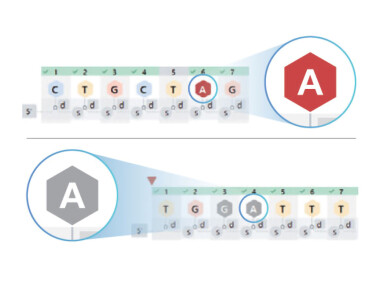-
 A computational model could be used to prevent the rapid spread of cholera outbreaks
A computational model could be used to prevent the rapid spread of cholera outbreaks
IT Solutions
Computational model forecasts cholera outbreaks
Aug 11 2011
Researchers from Ohio State University are working with the Centers for Disease Control and Prevention (CDC) on the project, with the aim of tackling the deadly disease in earthquake-ravaged Haiti.
Ohio State researcher Marisa Eisenberg said that the initial findings show that cholera is spread through both contaminated environmental water and human contact.
As the data is processed via the computational model, the researchers hope to identify typical outbreak patterns and identify "hotspots" – areas that are key to preventing the disease from spreading rapidly.
Joseph Tien, professor of mathematics at Ohio State, who collaborated on the project, said: "Before the earthquake, cholera hadn't been reported in Haiti in decades, so we're in new territory as far as what the disease will do there in the coming months and years."
The results of the research and the computational model could be later used in South East Asia and in the Democratic Republic of the Congo, where the disease is still common.
Digital Edition
Lab Asia 31.2 April 2024
April 2024
In This Edition Chromatography Articles - Approaches to troubleshooting an SPE method for the analysis of oligonucleotides (pt i) - High-precision liquid flow processes demand full fluidic c...
View all digital editions
Events
Apr 25 2024 Istanbul, Turkey
Apr 28 2024 Montreal, Quebec, Canada
May 05 2024 Seville, Spain
InformEx Zone at CPhl North America
May 07 2024 Pennsylvania, PA, USA
May 14 2024 Oklahoma City, OK, USA

















